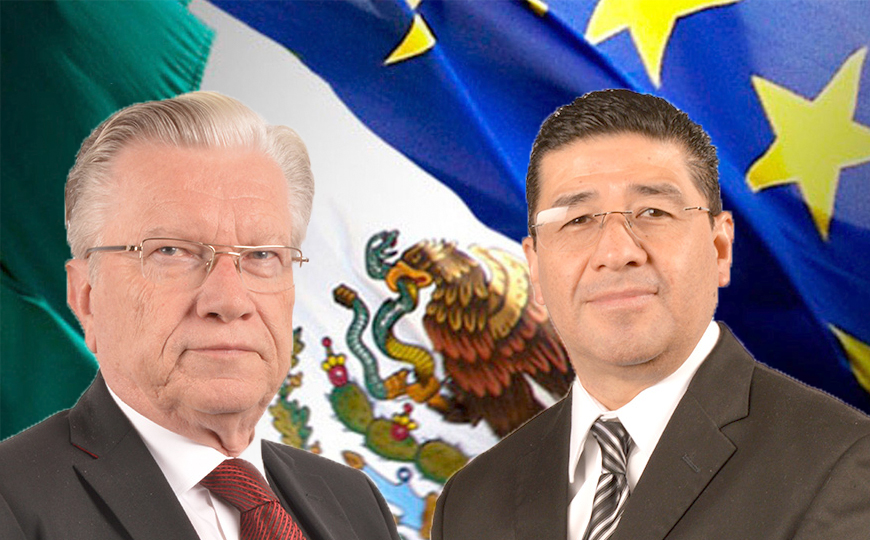Negotiators from the European Union and Mexico began on Tuesday, the 13th of February the ninth round of the renegotiation to modernize the Free Trade Agreement between the E.U. and Mexico. The teams will meet in Mexico City until Thursday, February 22d and, since no agreement is anticipated, a tenth round has been scheduled in Brussels, Belgium for March. The renegotiation process is designed to update topics such as freer access by Mexico to the European markets, rules of origin, public procurement, geographical indications and denominations of origin. It is precisely the latter two elements which are causing an unexpected stand-off between Mexico and the E.U., which will require the involvement of Cecilia Malmström, the E.U. Trade Commissioner, in the 10th round of talks. The two sides had accelerated the negotiations at the beginning of 2017 under the impression that Donald Trump would abandon the NAFTA Agreement and negotiations had initially been aimed at concluding by the end of last year.
The key obstacles which have arisen are in the area of how far to open each other’s markets to food and beverages – such as tequila, chicken, beef and asparagus from Mexico and dairy products from Europe – and, most importantly, the E.U.’s demand that Mexico recognize and respect European denominations of origin and geographical indications designed to protect food products.
Of particular concern, from the E.U. perspective, is Mexico’s insistence on continuing such denominations as “Champagne” which is to be strictly limited, under the standards of international law, to sparkling wines from northern France. Germany, for example, had substitute the term “Champagner” for the artificial word “Sekt” many decades ago. But it doesn’t stop there: Mexico is producing Manchego Cheese from cow’s milk but the E.U. insists that Manchego can only be sold under that name if it a cheese made from sheep’s milk in the Spanish region of la Mancha. The same impasse affects the prohibition of calling Parmesan any cheese which doesn’t come from northern Italy. The same goes for Gruyere, Feta and 55 other cheese types which are protected. With respect to beer, we are importing and selling a brand from the United States called “Budweiser”. Unfortunately only beers brewed in the Czech Republic can be marketed under that name.
So now the question arises: Does it benefit Mexico to risk antagonizing a market of 513 million consumers with which we conduct 62 billion Dollars in trade annually over what obviously should be hardly relevant?
By: Dr. Juan Carlos Botello and Dr. Werner G.C. Voigt (Independent external Contributor)




